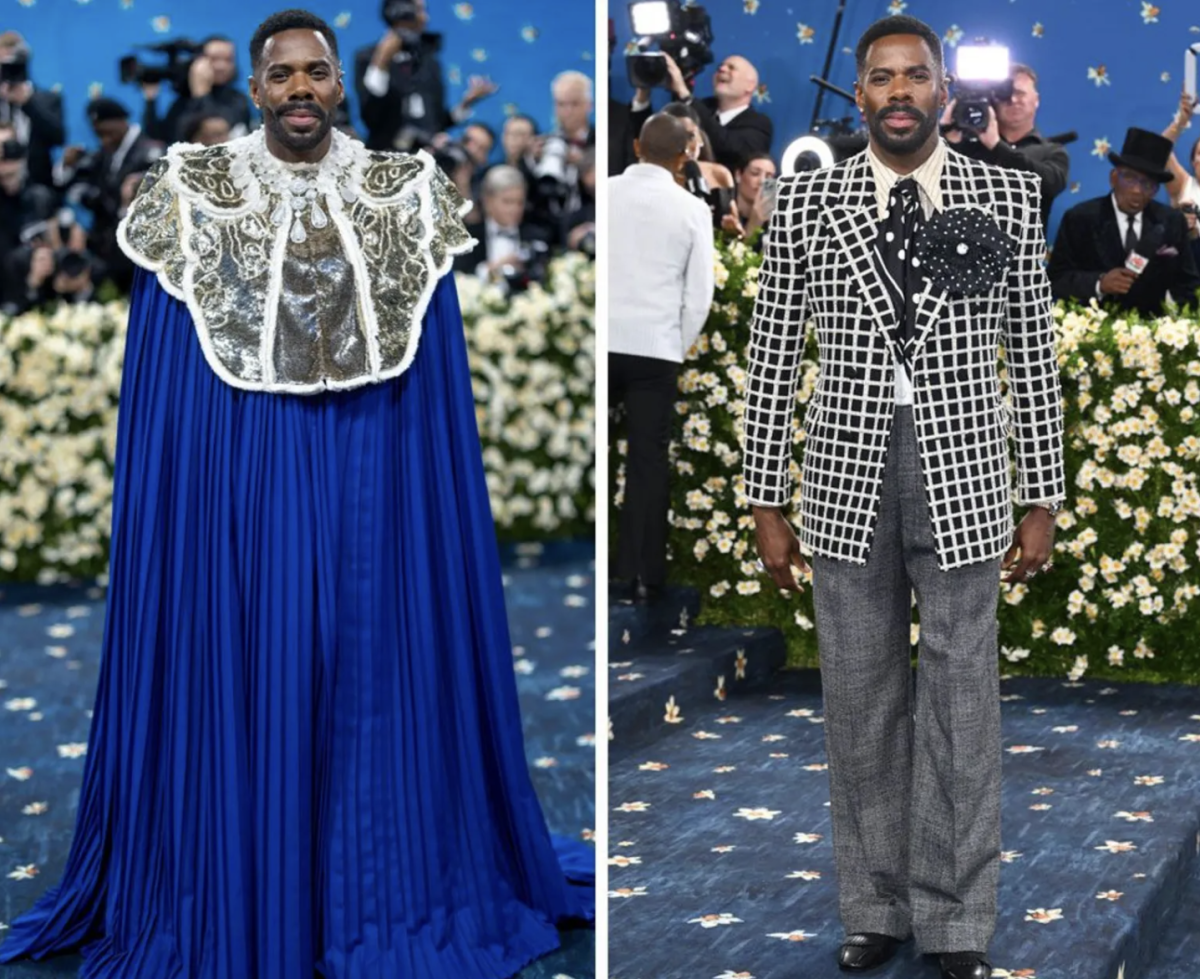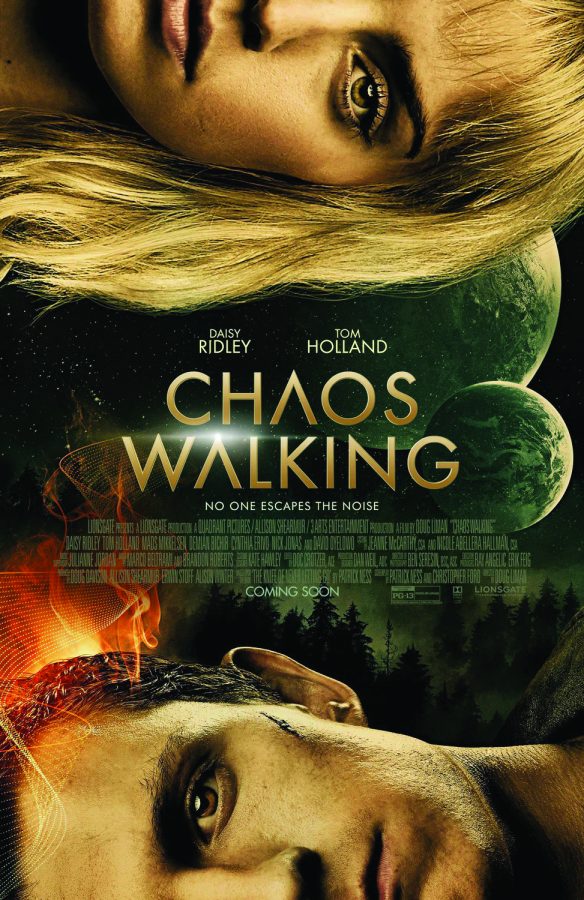Stereotypes, sexism and relationships are just a few of the topics discussed in American actor and comedian Aziz Ansari’s new Netflix show “Master of None.” The series was released on Nov. 6 and has been gaining a steady following.
“Master of None” is centered on first-generation American Dev, portrayed by Ansari, and his personal and professional life as an actor living in New York.
“Master of None” is semi-autobiographical, and many scenes from the show are based off of Ansari’s life experiences, but Ansari has still avoided cracking jokes that perpetuate racial stereotypes. Dev’s struggles, while comical, are also extremely relatable to first-generation Americans.
Senior Mahima Agrawal, an avid supporter of the show, finds that “Master of None” discusses many issues that are relevant in her life, too. Much like Ansari’s parents, Agrawal’s parents immigrated to the United States from India.
Agrawal strongly related to the “Parents” episode. “[My mother] talks about how hard it was for her living in America and not knowing the language and also having to go to school here,” she said.
The second episode of the show, “Parents,” focuses on Dev’s parents and the struggles they had to overcome while immigrating to America. The episode featured realistic flashbacks of his parents’ lives and the difficulties and inequalities they experienced in their jobs and in their lives in general.
Although she hasn’t watched “Master of None,” junior Neha Kapoor agrees that her parents have had struggles as well.
“When my parents first came [to America], I guess it was hard for them to adjust because of accents and everything, and I think it’s hard for other people to understand them,” Kapoor said. “I think they had much harder lives than I do now, and I don’t think I thank them enough for that.”
Because Indian parents are usually treated as funny stereotypes, Ansari ended up casting his own parents for the role of Dev’s parents in order to more accurately portray them.
“Every time I see Indian parents portrayed on film or TV they’re not three-dimensional, they’re excuses for hacky ethnic jokes,” Ansari said in an interview with the Los Angeles Times this November. “I wanted the parents to feel real.”
While Ansari’s show is an example of the strides that first-generation Americans have been able to make, “there are still so many stereotypes that we have to push past if we want to really break the racial constructs and discrimination,” Agrawal said.
Stereotypes and discrimination, no matter how big or small, are exactly what Ansari aims to get rid of. He has avoided accepting stereotypical roles such as a 7/11 worker or an IT nerd.
“Any movies stuff or TV stuff I’ve acted in has not been ethnicity dependent. It was done as me a comedian, not me as an Indian guy,” Ansari said.
While Ansari’s touches on the topic of discrimination in “Master of None,” he represents it in a way that is humorous yet meaningful, which is reflected in the 100 percent rating that the show was given by Rotten Tomatoes.
Traditionally, Indians and other minorities are casted with secondary roles in films and TV. For Agrawal, finally seeing an Indian man in a non-typical role while discussing everyday racism teaches her to “not let the limitations that others have set get me down, and teaches others to be aware of the stereotypes they enforce.”
Over the past few years, there has definitely been a rise in the number of South Asian leads of shows, but there is still a ways to go. A Hollywood Report done by the University of California, Los Angeles in 2014 determined that minorities make up only 10.5 percent of lead movie roles. Ansari’s “Master of None” is important not only because it is quality entertainment, but also because it is breaking the mold of typical lead roles that we are used to seeing on TV. “Master of None,” however, is not the first show to feature South Asian actors. “The Mindy Project” with Mindy Kaling and “Quantico” featuring Priyanka Chopra have Indian women as leads of the shows. Hopefully these shows set the stage for many others to come.
Season One, which includes 10 episodes of Ansari’s “Master of None,” can be found on Netflix.








